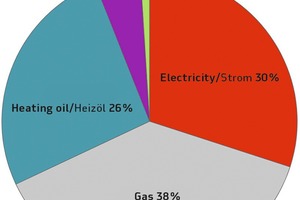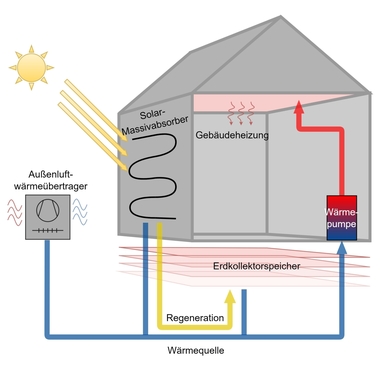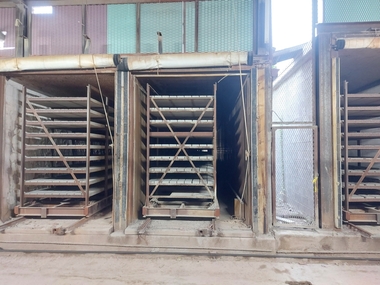Energy efficiency at the precast plant –
Efficient use of energy is one of the key prerequisites to ensure sustainable development of our economy. This endeavor is not only related to implementing environmental and climate policy targets but also includes ensuring that businesses remain competitive in the commercial environment. However, energy inefficiencies in manufacturing processes often continue to be tolerated as a “necessary evil” of producing to a high quality standard.
Using legal requirements as an opportunity
Pursuant to s. 8 of the Energiedienstleistungsgesetz (EDL-G; German Energy Services Act) [1], non-SMEs have been...







